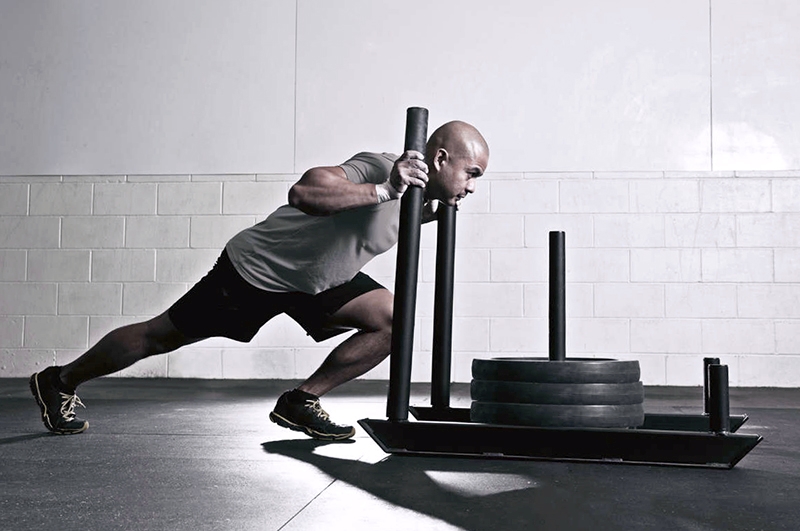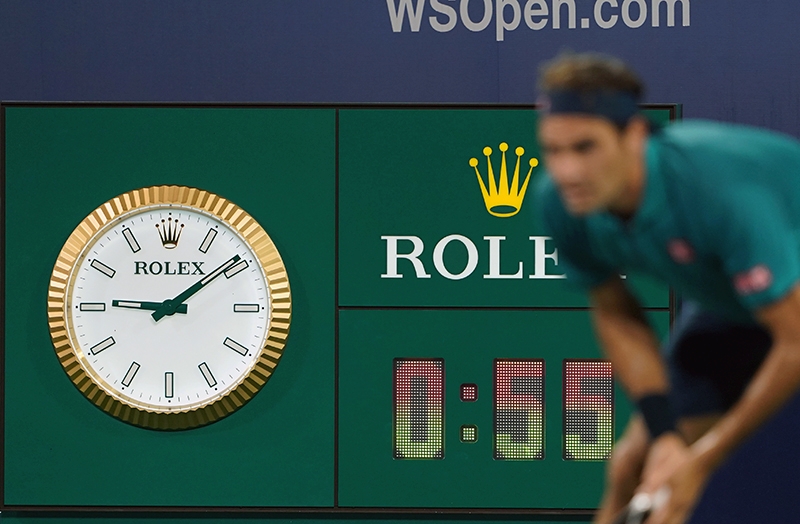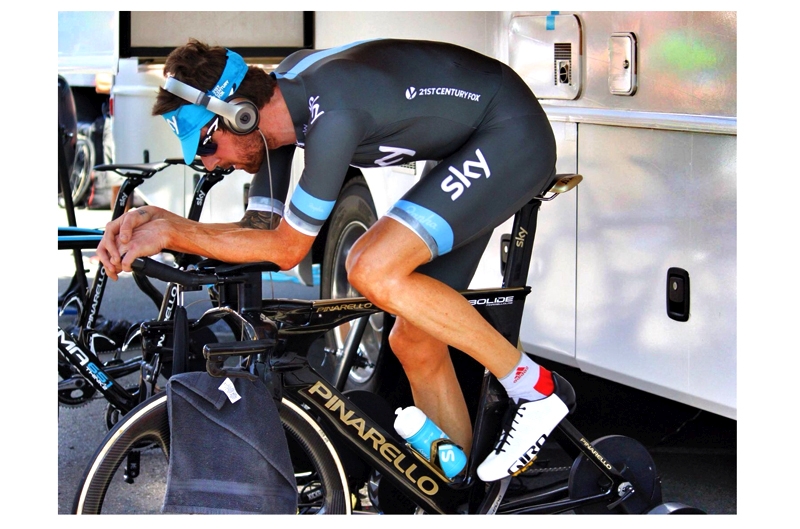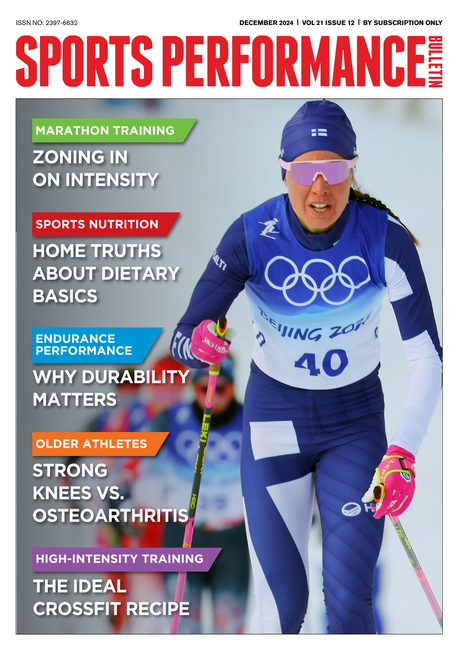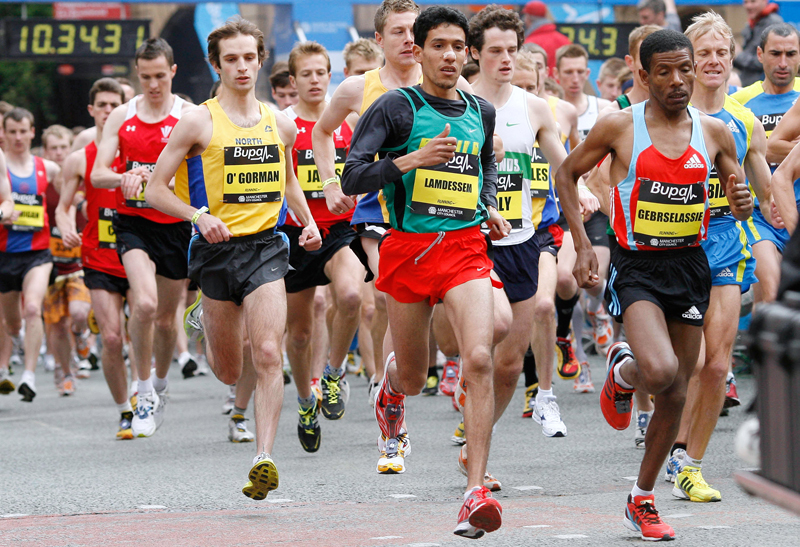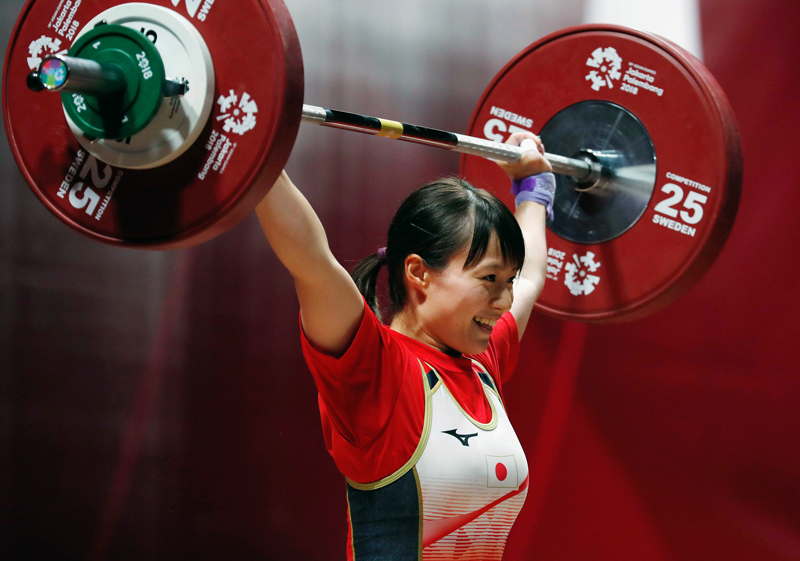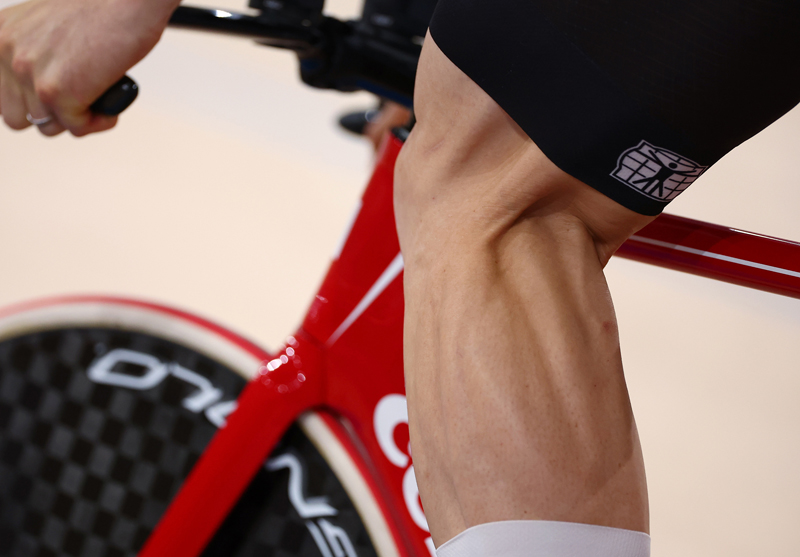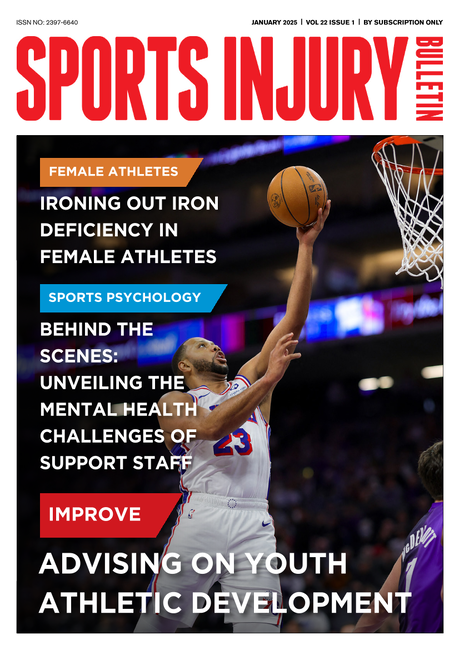You are viewing 1 of your 1 free articles. For unlimited access take a risk-free trial
Research review: Morning exercise for afternoon benefits
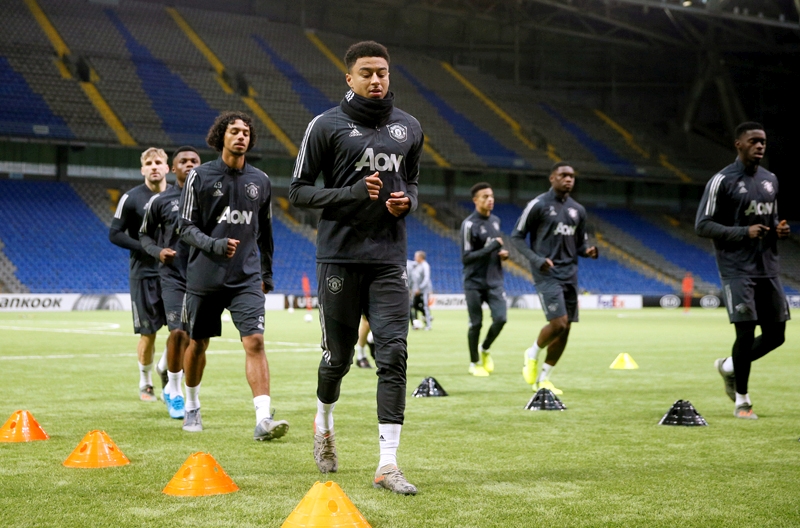
Can a morning exercise session ‘prime’ an athlete for superior afternoon performance?
Paper title: ‘A Morning Priming Exercise Strategy to Enhance Afternoon Performance in Young Elite Soccer Players’; Publication: International Journal of Sports Physiology and Performance . 2021 (Jan) 1-8. doi: 10.1123/ijspp.2020-0094. Online ahead of print. Publication date: January 5th 2021Over the past two decades, a growing body of research has established that exercise can both affect and be affected by biological rhythms. This is why certain aspects of performance are known to be affected by the time of day that exercise is performed and why manipulating the internal ‘biological clock’ can produce better performance outcomes (see this article for a more in-depth discussion on this topic). The relationship between exercise and chronobiology is complex. Research shows that beneficial effects obtained from exercise are determined by multiple systems such as the motor, physiological, and neurobiological systems(1,2) – important because, physiological and neurobiological activities are dependent on biological rhythms in the human body. But we also know that this is a two-way process; several studies have demonstrated that hormonal responses produced in the body can be influenced by the time of exercise training and the intensity, and duration of exercise, which in turn may influence the body’s chronobiology(3).
These facts lead to a very interesting conundrum: can a prior bout of exercise performed in the morning favorably affect the body’s neurobiology and chronobiology in such a way as to improve performance in a second bout of exercise performed in the afternoon? Anecdotally at least, the concept of morning exercise ‘priming’ is fairly popular, particularly when it come to mental performance. Indeed, in a very recent study, Wheeler and colleagues observed that acute exercise in the morning, with or without subsequent breaks, resulted in greater working memory and executive function benefits over the following 8-hour period(4) - suggesting that acute exercise in the morning might influence the brain for a longer period and benefit cognitive and brain health throughout the day. But could morning exercise prime the body for physical performance in the afternoon too?
The research
To try and find an answer to this question, a team of Italian scientists has investigated the effects of different types of ‘morning priming’ exercise on the subsequent afternoon physical performance (along with the associated hormonal and physiological responses) in elite soccer players, the results of which have just been published in this study.In a randomized counterbalanced crossover design, 12 elite soccer players completed three different morning conditions on three different days. These were as follows:
- Vigorous morning exercise consisting of repeated-sprint running (6 × 40 metres).
- Easy morning exercise (4 sets of 12 reps of fast half squats, 6 repeats of speed ladder drills and 20-metre sprints).
- Control condition – no morning exercise.
The findings
The results of the morning conditions on subsequent afternoon exercise performance were as follows:- Compared with the control (ie no morning exercise), the vigorous repeated-sprint running induced a slightly positive effect on testosterone levels (increased by 11.6%) but a negative effect on muscle fiber contractile properties, with a 13.0% drop in rate of force development, and drop in maximum jump height of 1.4%, and a 7.1% decline in the Yo-Yo intermittent recovery test.
- By contrast, easy exercise produced a slight drop (but statistically insignificant) drop in testosterone levels (-3.3%), but resulted in lower self-reported fatigue (-31.0%), lower cortisol levels (-12.9%), and produced a slightly positive effect on the rate of force development (up by 4.3%). In addition, the Yo-Yo test results improved by +6.5% compared no morning exercise.
Practical implications
These findings are fascinating because they seem to show that a small amount of the right mode of morning exercise could improve afternoon performance. These improvements weren’t huge but were significant, particularly in terms of Yo-Yo performance and perceived fatigue (important for sports such as soccer where mental focus and agility are important).The key however seems to be that any morning exercise should be ‘easy’ in nature; the vigorous morning exercise didn’t improve afternoon performance – in fact it reduced it somewhat. These findings also suggest that the while some easy exercise might be beneficial, there’s a fine line between ‘easy’ and too vigorous; 40-metre sprints had a negative effect whereas 20-metre sprints plus other drills produced benefits. Any morning priming exercise therefore should be limited to the type described above. Another caveat to add is that the sample size in this study was small; more studies will be needed to confirm these effects. For now however, coaches and athletes competing in sports such as soccer/rugby/basketball etc, and where time permits, may wish to consider the use of morning priming in the manner described above on an experimental basis.
References
- Adv Exp Med Biol. 2013;789:149–155
- Respirology. 2013;18:1022–1027
- Integr Med Res. 2013 Dec; 2(4): 139–144
- Br J Sports Med. 2020 Jul; 54(13):776-781
Newsletter Sign Up
Testimonials
Dr. Alexandra Fandetti-Robin, Back & Body Chiropractic
Elspeth Cowell MSCh DpodM SRCh HCPC reg
William Hunter, Nuffield Health
Newsletter Sign Up
Coaches Testimonials
Dr. Alexandra Fandetti-Robin, Back & Body Chiropractic
Elspeth Cowell MSCh DpodM SRCh HCPC reg
William Hunter, Nuffield Health
Keep up with latest sports science research and apply it to maximize performance
Today you have the chance to join a group of athletes, and sports coaches/trainers who all have something special in common...
They use the latest research to improve performance for themselves and their clients - both athletes and sports teams - with help from global specialists in the fields of sports science, sports medicine and sports psychology.
They do this by reading Sports Performance Bulletin, an easy-to-digest but serious-minded journal dedicated to high performance sports. SPB offers a wealth of information and insight into the latest research, in an easily-accessible and understood format, along with a wealth of practical recommendations.
*includes 3 coaching manuals
Get Inspired
All the latest techniques and approaches
Sports Performance Bulletin helps dedicated endurance athletes improve their performance. Sense-checking the latest sports science research, and sourcing evidence and case studies to support findings, Sports Performance Bulletin turns proven insights into easily digestible practical advice. Supporting athletes, coaches and professionals who wish to ensure their guidance and programmes are kept right up to date and based on credible science.
